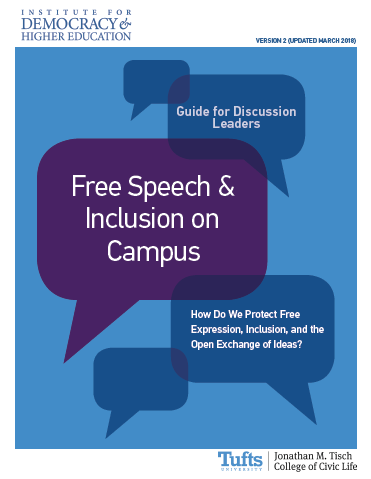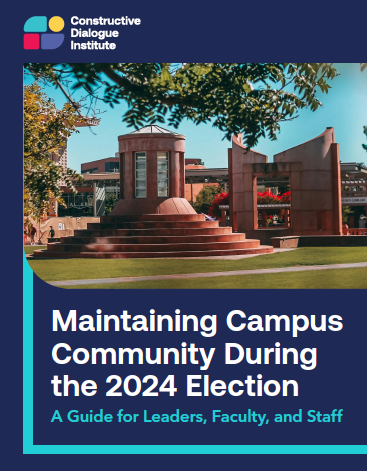Calendar Share: Context and Background
This project began in August 2022, when Dr. Johnson invited campus constituents to meet and share programming efforts across the Fall calendar:
“As we prepare for the start of the fall semester, we are reaching out to request your presence at an upcoming meeting where many of us who coordinate or contribute to student-facing campus programming can come together and share our plans for the term. The Division of Diversity and Inclusion, in collaboration with Conferences, Events, and Scheduling (CES), is organizing this meeting to provide opportunities for each of us to share the special events we are planning and their anticipated dates, explore the potential for strategic collaboration (including resource sharing or co-sponsorship), and ensure that CES has the staffing capacity to accommodate our collective needs and plans. We believe this meeting will also help reduce the potential for scheduling conflicts, prevent or reduce programming on key dates in the semester where annual signature events reside, and highlight areas on the student stress calendar so we can strategically approach the volume and types of events that are being offered at those times.”
These meetings continued, with gatherings held in December 2022, May 2023, August 2023, December 2023, and most recently - a Strategic Programming Meeting in August 2024.
We have maintained a Calendar Share spreadsheet throughout, in which everyone is invited to list their upcoming events in an effort to be strategic in our programming, to avoid hosting competing events, and to build relationships that lead to collaborative event planning.
Events listed in the Calendar Share spreadsheet are staff and faculty organized events. Additionally, students also organize events throughout the year. Please also see links to the Holy Days Calendar, the Student Stress Calendar, the Academic Calendar, the Athletics Calendar, and Whitman College’s Holiday Schedule.
Strategic Programming Meeting - August 2024
Strategic Programming follow up (August 16, 2024)
Hey folks,
Thanks for coming out to the Strategic Programming meeting yesterday. I feel like we clarified some community needs and there was a lot of conversation happening that hopefully will evolve into collaboration. I'm sharing photos of the notes and the posted calendar here. I want to encourage folks to continue thinking about collaboration opportunities and how we might be able to address some of the needs that were articulated through a program. I will also be connecting with Bradley next week and we may be able to offer a more substantive summary of what was discussed in the meeting for those who were not able to attend.
Also, don't forget we have a DEIA Cultivation Grant that may be able to offer some assistance to fund a program or initiative you want to put together that is responsive to our community needs. The Division of Inclusive Excellence also provides some funding support to Employee Resource Groups and perhaps some ERG activity would be able to contribute to some of the concerns that were raised (I'm thinking of the "staff stress calendar" comment here).
Please remember that Heritage and Awareness Months are cues for all of us and that when only one unit on campus appears to be attentive to a federally recognized heritage or awareness month it gives the impression that only one unit cares about that community. Collaboration and multiple approaches to acknowledging heritage/awareness months is encouraged.
Thanks again,
John
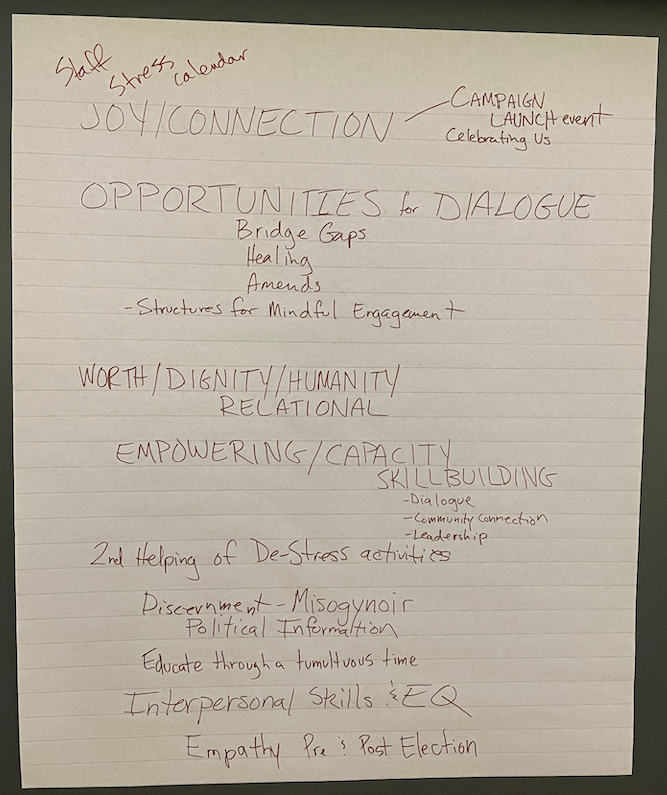
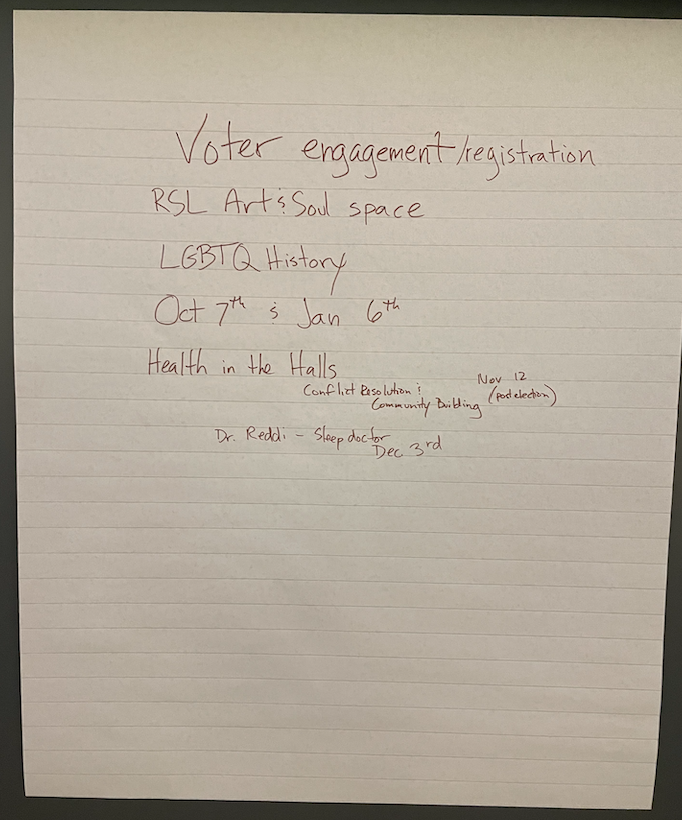
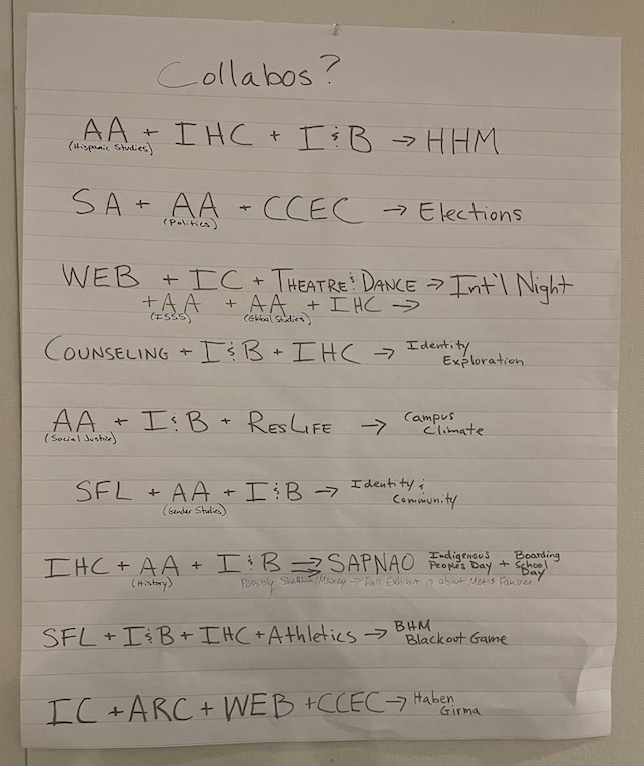
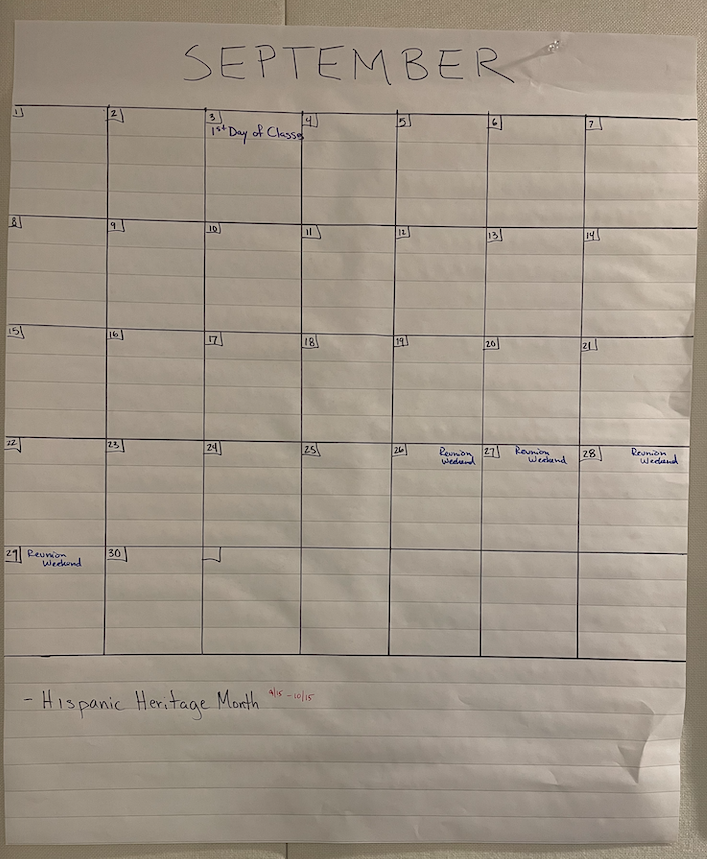
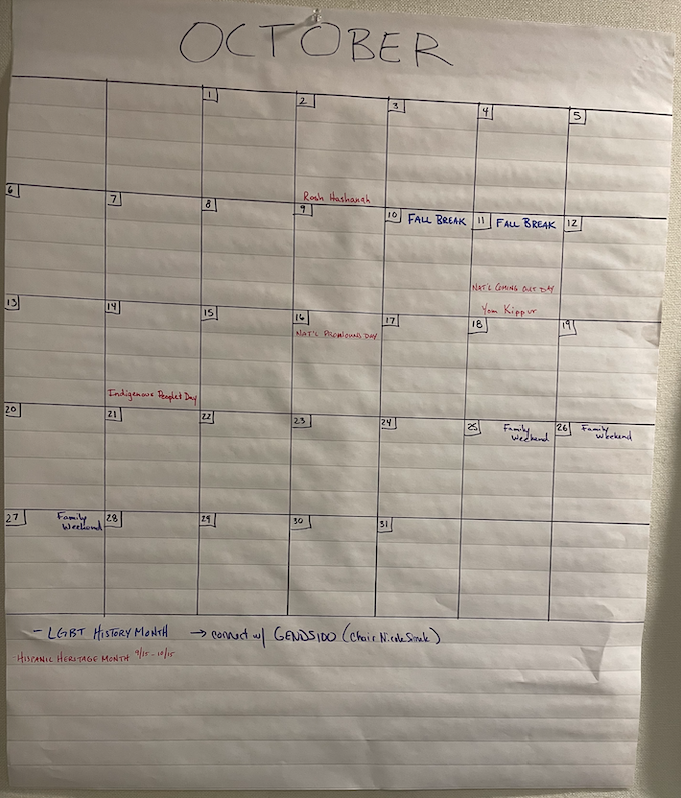
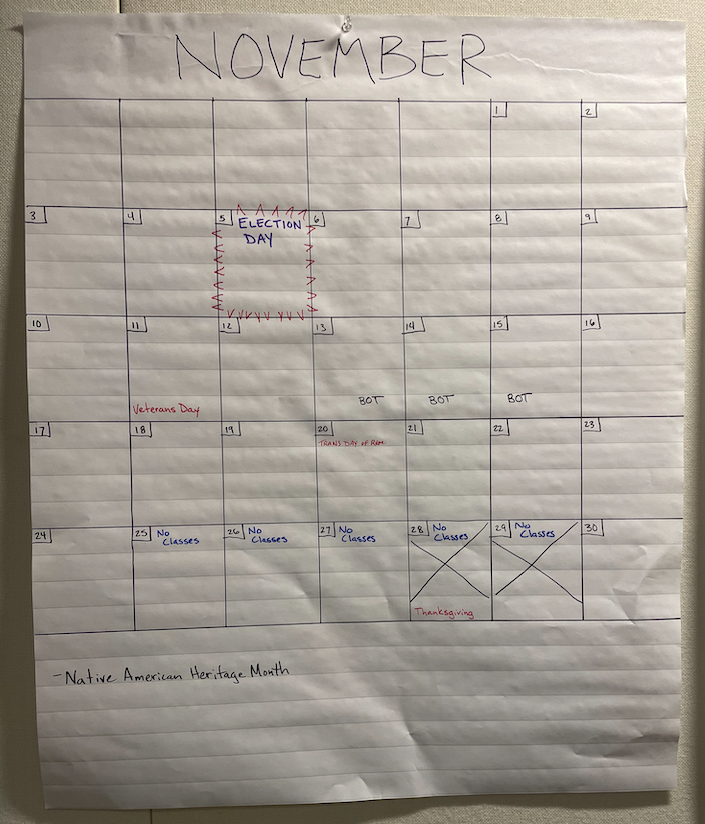
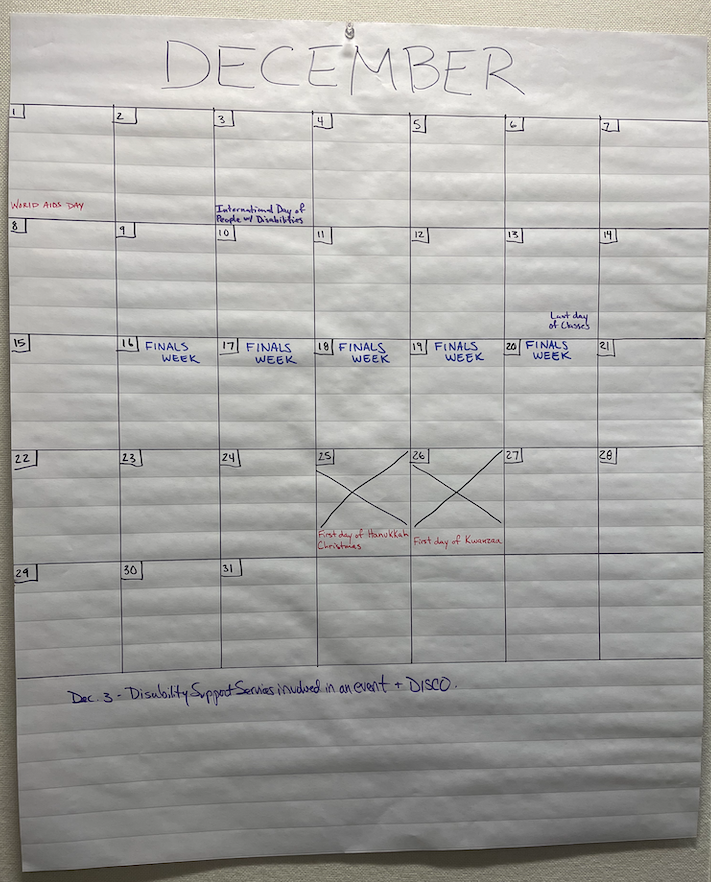
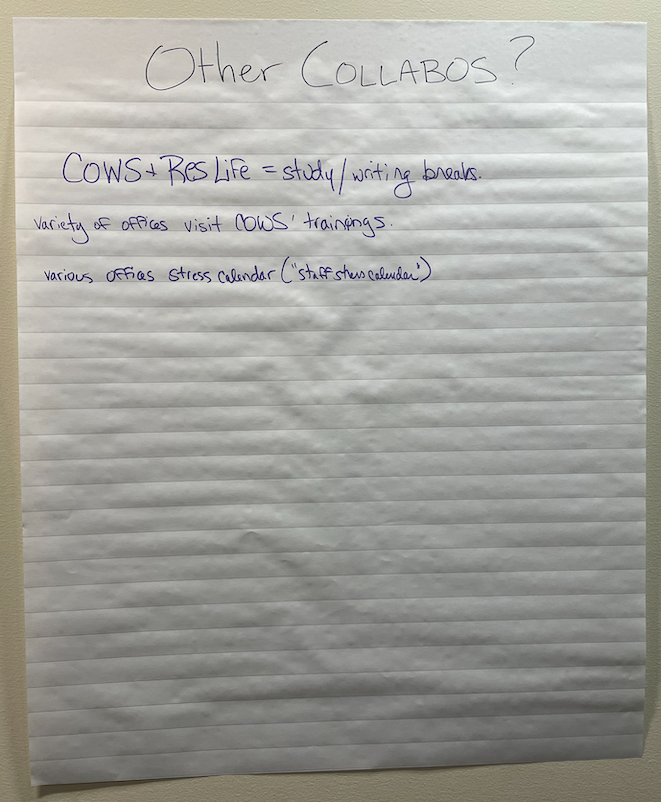
Follow Up Part 2 - Strategic Programming (August 22, 2024)
Hello colleagues,
As previously indicated, we wanted to provide a more substantive summary of what was discussed during last week's Strategic Programming meeting. The notes that were shared out tell some of the story. What many of those in attendance articulated was the need for campus programming that helps bring us together as a community. You can see the words "joy and connection" highlighted and an expressed interest in seeing some type of event that brings the entire community together in some way to connect and celebrate, similar to the Campaign Launch event last year. This seemed to suggest that in order for us to have the community cohesion necessary to make it through the storms ahead, we need to be intentional about creating opportunities for us to get together and build that community.
There was also some discussion of the need for "dialogue" and the importance of recognizing and acknowledging the need for spaces of healing and the promotion of mindful engagement with each other. This seemed to be a call for more programming that is specifically focused on helping our community build skills for interaction across differences. There were also calls for spaces and programming that centers our worth, dignity and humanity, not necessarily in response to an incident of degradation or harm, but to affirm our inherent value.
References were made to programming that assists our students in developing leadership competencies, practicing non-violent, mindful communication, intergroup dialogue and listening skills, and facilitating interpersonal connections. The specific need for cultivating and promoting empathy pre and post election, no matter the outcome, was raised.
We also noted how this semester may alter the typical timing of the student stress calendar. While we often see students appearing fairly depleted going into (and in some cases returning from) the Thanksgiving holiday break, that palpable exhaustion may kick in two weeks earlier this year. We may want to have programming that is responsive to that need and offer early access to some of the de-stress activities we traditionally wait until closer to Finals week to provide.
We also want to consider how local and national protest activity, as well as the anniversary of October 7th, may impact different members of our community and consider providing programming and resources responsive to those dates.
The upcoming election has already generated significant online discussion related to race, gender, class and immigration status. Programming that helps students navigate and process the torrent of misinformation and disinformation they will be exposed to in the coming weeks would be valuable, along with organized conversations related to the various topics that emerge. There are also a number of minoritized identities and communities that are part of the political rhetoric and we want to be thinking about and responding programmatically to support those folks who are targeted or most impacted.
We also have an official responsibility to encourage students to exercise their right to vote - in a non-partisan way.
A number of people shared some projects that are in various stages of development. We want to encourage you to continue to explore collaboration opportunities in order to reduce program saturation and ask that you add your events to the Shared Calendar as soon as you can. Even outside of the shared calendar, let's try to break down silos through communication. Walk over to someone's office, send them an email, make a zoom phone call and share a bit about how you are thinking about supporting our community this semester. I bet there's someone who wants to work with you on whatever you are planning.
For those folks who were at last week's meeting, please feel free to correct anything I got wrong in this summary or add to it. I'm attaching some resources for your consideration.
Thanks again,
John
Institute for Democracy & Higher Education Guide for Discussion Leaders
Free Speech & Inclusion on Campus - How Do We Protect Free Expression, Inclusion, and the Open Exchange of Ideas?
Institute for Democracy & Higher Education Facilitator Training Workshop Guide
Facilitating Political Discussions
Constructive Dialogue Institute
Maintaining Campus Community During the 2024 Election - A Guide for Leaders, Faculty, and Staff
